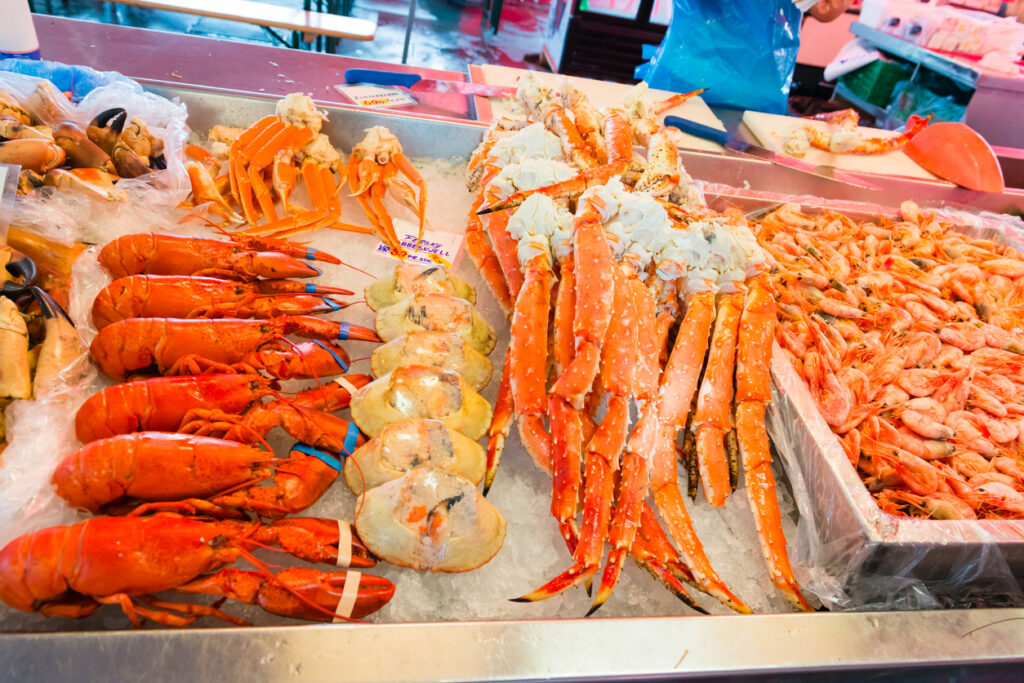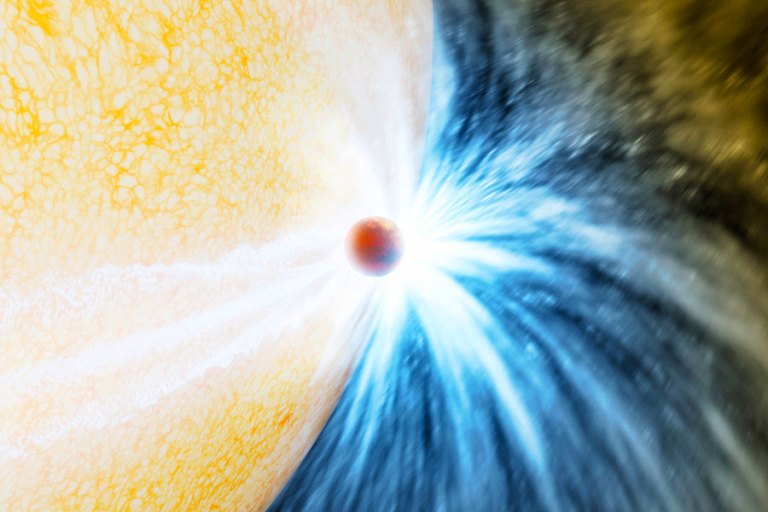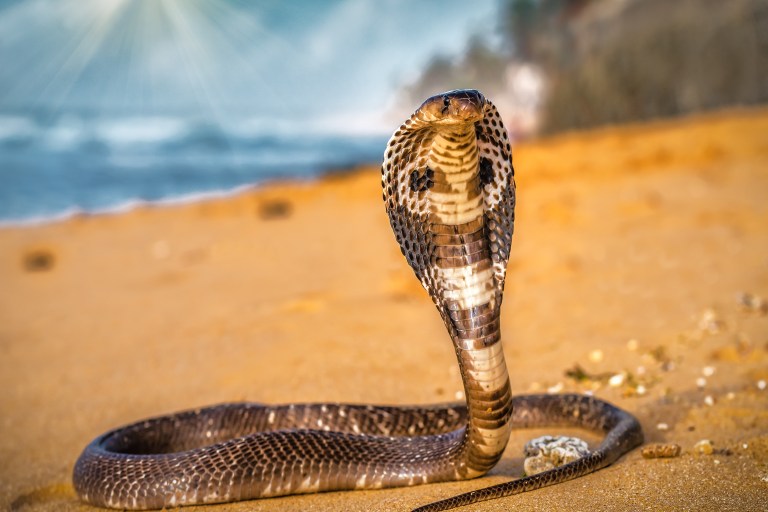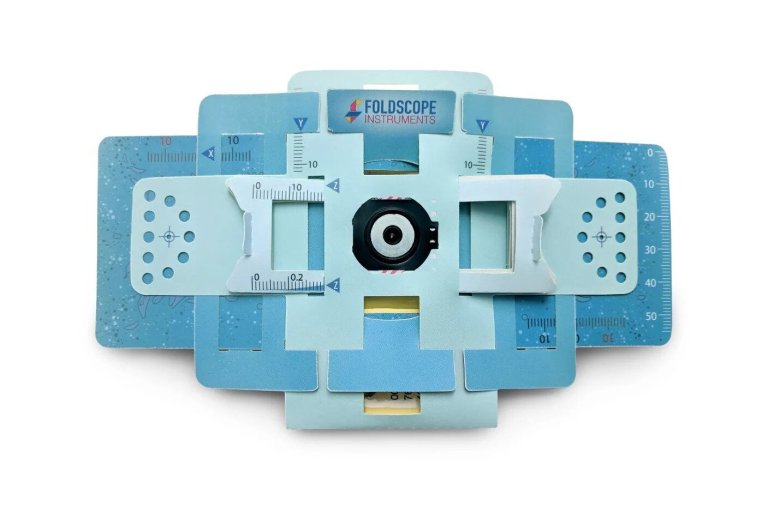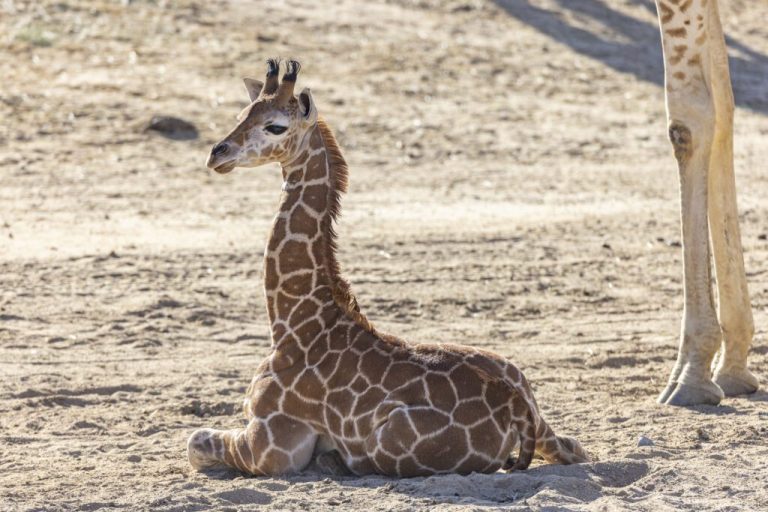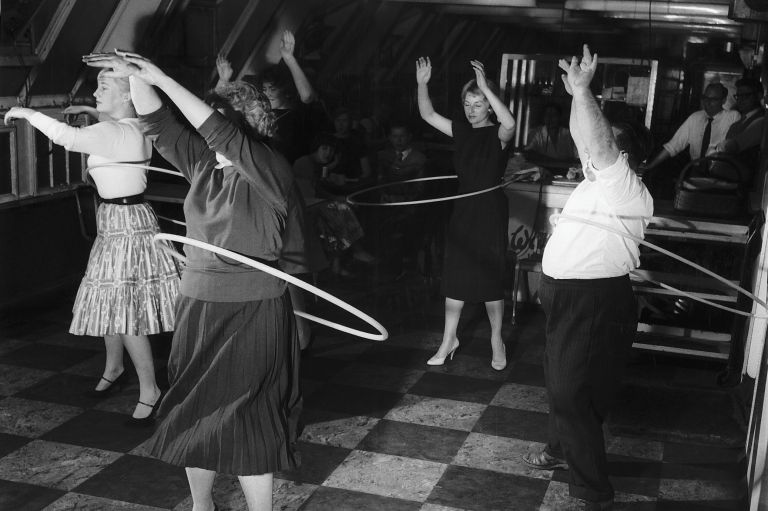If you’ve ever been to a Maryland-style crab feast, a summer staple in the mid-Atlantic state, you’re well aware of the affinity many people have for the crustacean. Crab has been enjoyed around the world for thousands of years — so much so that we’ve even created a more affordable imitation of the delicacy.
In fact, our species’ taste for the briny flavor of shellfish is believed by some scientists to be one of the factors that made homo sapiens more intelligent than other primitive humans: The ocean-born animals we eat are typically packed full of omega-3 fatty acids, essentially superfood for the brain. But a February study published in the journal Frontiers in Environmental Archeology has upended that notion, finding that Neanderthals may have been hunting, cooking, and eating crabs 90,000 years ago.
Researchers out of Spain, France, and Portugal studied the previously recovered archeological remains from a cave outside of Lisbon, Portugal, a site once populated by Neanderthals. They analyzed remnants of a variety of shellfish, including mussels and clams, CNN reports. But the vast majority of remains belonged to brown crabs, a species still commonly dined on in Europe.

“At the end of the Last Interglacial, Neanderthals regularly harvested large brown crabs,” lead author Mariana Nabais of the Catalan Institute of Human Paleoecology and Social Evolution, said in a news release, adding: “The animals were brought whole to the cave, where they were roasted on coals and then eaten.”
The crab fossils, primarily of claws and pincers, proved to belong mainly to full-sized adults, and showed signs of being roasted over hot coals. They also appeared to have been intentionally broken apart, indicating they were harvested for their meat.
RELATED: First Human Genome of a Pompeii Resident Sheds Light on Ancient City’s Inhabitants
“You can immediately identify them on site as being crab claws, especially in Portugal, because we have a tradition of eating crabs a lot,” Nabais told the New York Times. “It was a big surprise, especially because when we were digging there, we still didn’t have that idea of Neanderthals actively eating shellfish.”
She emphasized that the findings further reveal that Neanderthals were not the inferior “brutes” many believe them to have been. Indeed, the topic has been one of hot debate in the scientific field for decades. “Over the years battle lines have been drawn over everything from the shape of Neanderthals’ noses and the depth of their trachea to the extent to which they interbred with modern humans,” Smithsonian Magazine reported in 2019.
João Zilhão, a Portuguese archeologist and co-author of the recent study, spoke to the publication about the issue at the time, saying: “Sure, there were physical differences between Neanderthals and modern humans. But Neanderthals were humans, and in terms of basic things that make us different, there was no difference.”
As to exactly why Neanderthals may have focused on hunting and eating small prey like crabs, researchers can’t be sure. “Whether such foods were perceived as tasteful, reflected some sort of festivity, added social value to whoever harvested them, or had other consumption-associated meanings is beyond our grasp,” the authors wrote in the study.
All this crab talk leaving you hungry? Try these recipes for some delicious ideas for preparing the delicacy.
